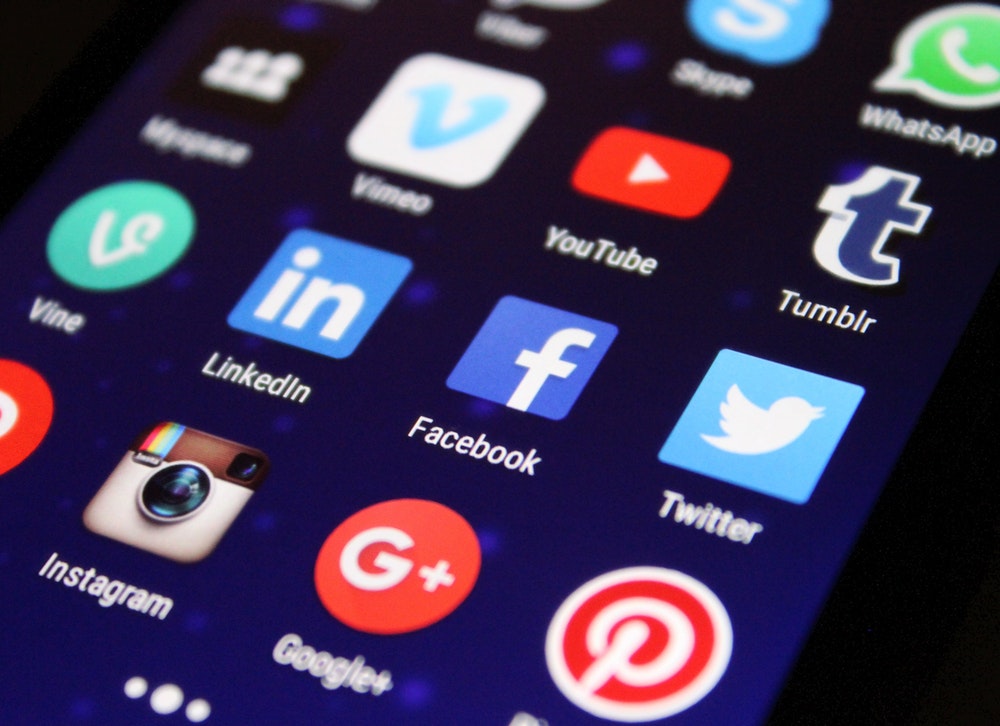A joint study between the American University in Cairo (AUC) and the Egyptian Chinese University aimed to assess the impact of fake news and knowledge mismanagement on social media on consumer distrust among Egyptian millennials and Generation Z during the COVID-19 pandemic.
The study found that online fake news did indeed increase levels of consumer distrust among those surveyed.
The research highlighted the need for governments and companies to expend more efforts to tackle misinformation and fake news on the internet and social media platforms, and not exclusively through television and radio. The internet remains the main source of knowledge and information for millennials and Generation Z.
The COVID-19 pandemic brought about unprecedented consumption of media, particularly news and information, and as a result, high levels of what the paper termed “knowledge mismanagement” where fake news and misinformation were left to disseminate widely.
In turn, this also led to higher consumption of fake news and false information, which the paper said may have “negatively affected the economies of advanced and developing countries.”
A highlighted concern was social media’s role in knowledge mismanagement due to the extent of misinformation and fake news that proliferated on it, especially during the COVID-19 pandemic. It was especially damaging because of how misinformation became more viral than evidence-based medical research, causing “a negative impact on people’s psychological status […] incorrect medical [advice] and economic disruption.”
The survey was conducted by Randa El Bedawy, associate professor at AUC School of Business, and Mayar Farrag Elsayed, assistant professor at the Egyptian Chinese University. It was on a sample of 300 people with the main distinction being made on the basis of age group. One was 16 to 25-year-olds (or Generation Z) and the other was simply above 25.
The vast majority of all those surveyed believed that any form of spreading fake news, including about the pandemic, was unethical. An overwhelming majority agreed that companies who shared fake news to profit from the pandemic were very unethical.
The participants also believed that governments and companies should make efforts to stop the spread of fake news about COVID-19, with many saying that they already do their own fact-checking through the internet and special apps on their smartphones and tablets.
The majority of participants said they had lost trust in social media due to the prevalence of fake news that was allowed to spread very freely during the height of the COVID-19 pandemic.
Other effects were that it weakened trust in online news and made many question the authenticity of any online information about COVID-19.
While all age groups used social media as their number one source of news, the above-25 age group were consumers of major news networks such as CNN and the BBC. It was their third highest source of news, whereas for Generation Z, these networks were their sixth. Online discussion forums such as Reddit and Quora came ahead as their third highest source of news.
Brought together, all the data the researchers collected from this survey proved a causational relationship between fake news and rising consumer distrust of online news and social media platforms.
Generation Z were especially more conscious of the consequences of spreading COVID-19 misinformation and believed that governments and companies had an important role to play in the managing of knowledge shared on social media.
“Unfortunately, numerous fake news may still spread about the Covid-19 pandemic regarding treatment methods and symptoms as well as frightening rumors and sometimes even false numbers regarding the infected people and deaths in different countries, all of which may negatively affect the health sector in many countries, which in turn negatively affect as well the global economy,” the study said.
The prevalence of fake news can also potentially limit access to more credible sources. “Generally people used social media to spread news regardless if they know that it may include fake news, which may in turn disaffect access to credible news,” El Bedawy said to Business Forward.
The researchers concluded that more efforts were required to increase awareness of fake news among the general public and the dangers of sharing them. They cited fact-checking apps and highly credible news sites as examples of more reliable news sources. Public awareness campaigns that involve various stakeholders across society are needed to help foster a culture where people scrutinise the news more thoroughly and prove sources’ credentials before sharing.
They added that effective policies were needed to better regulate the spread of information and knowledge.
“It is required to explore how to embed effectively the processes of knowledge management along social media, adding to assess the crucial key drivers that can be required to promote the awareness of knowledge management along the society and in particular along the social media. Moreover, it is essential to investigate the various challenges that can prevent its effective implementation.”
There can potentially be a fine line between government regulation and censorship or suppression of information. How can governments and companies strike the right balance to avoid the latter?
El Bedawy said transparency was the key. “[It] is crucial to build the right balance through the trust along with clear accountability,” she said.
“Transparency along the process of knowledge management is a focal point for its success. The right information should be provided at the right time through an effective channel to effectively reach in turn the target audience. Moreover, the allocation of credible and attractive public figures as key spokespersons should be considered, adding to activate sanctions for the dissemination of fake news.”









